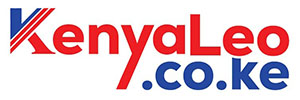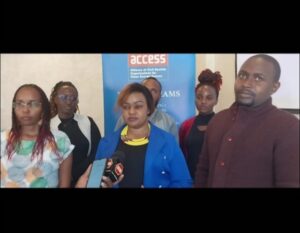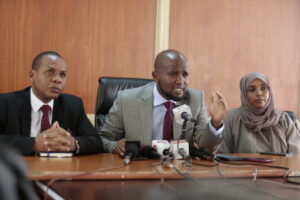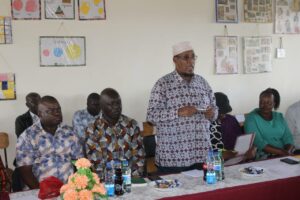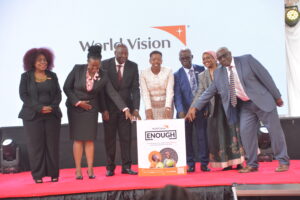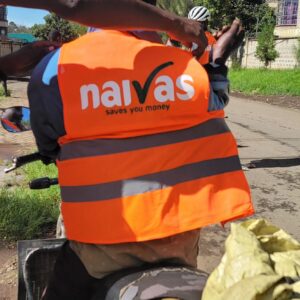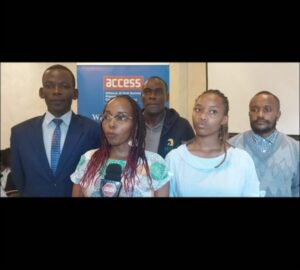
Civil Society Organisations held a capacity building workshop where sustainable development goals on energy and climate action were discussed.
Present were various organisations including; Alliance of Civil Society Organisations for Clean Energy Access, Kenya Climate Change Working Group, and Sustainable Energy Access Forum Kenya.
As part of its follow-up and review mechanisms, the 2030 Agenda for Sustainable Development encourages member states to “conduct regular and inclusive reviews of progress at the national and sub-national levels, which are country-led and country-driven” (paragraph 79). These national reviews are expected to serve as a basis for the regular reviews by the high-level political forum (HLPF), meeting under the auspices of ECOSOC. As stipulated in paragraph 84 of the 2030 Agenda, regular reviews by the HLPF are to be voluntary, state-led, undertaken by both developed and developing countries, and involve multiple stakeholders.
“The world is at halfway mark in achieving the SDGs. SDG 7 stipulates access to clean affordable, reliable and sustainable energy. This target needs to be achieved, but increased financing is required, more investment in clean cooking and decentralized renewable energy systems. World Bank will have Spring Meetings in Washington DC while the African Development Bank will hold its annual meeting in Nairobi in May. We want to call on these banks to increase financing in energy in order to connect 600 million Africans not connected to electricity. This will enable social economic development in our communities and Nations, said Florence Gichoya from Alliance of Civil Society organisations for Clean Energy Access.
She further observed that the workshop intends to capacity build among the Civil Society Organisations. She also added that communities need one another to accelerate the work of achieving sustainable development goals.
Elizabeth Wanja of Kenya Climate Change Working group observed that, they were looking at developing comprehensive Voluntary National Reviews to be able to realise Universal access to energy for all.
The voluntary national reviews (VNRs) aim to facilitate the sharing of experiences, including successes, challenges, and lessons learned, with a view to accelerating the implementation of the 2030 Agenda. The VNRs also seek to strengthen policies and institutions of governments and mobilize multi-stakeholder support and partnerships for the implementation of the Sustainable Development Goals.
“Issues of Advocacy on Renewable Energy are important. As a country, we have made tremendous steps in renewable energy, having 92 percent contribution. We are also calling upon the government to look at aspects, making our communities not make good use of electricity , affordability, and reliability. Monopoly is also an issue and there is need to see in how we can diversify on this aspect.” Said Brian Omenyi from Sustainble Energy Access Forum Kenya.
